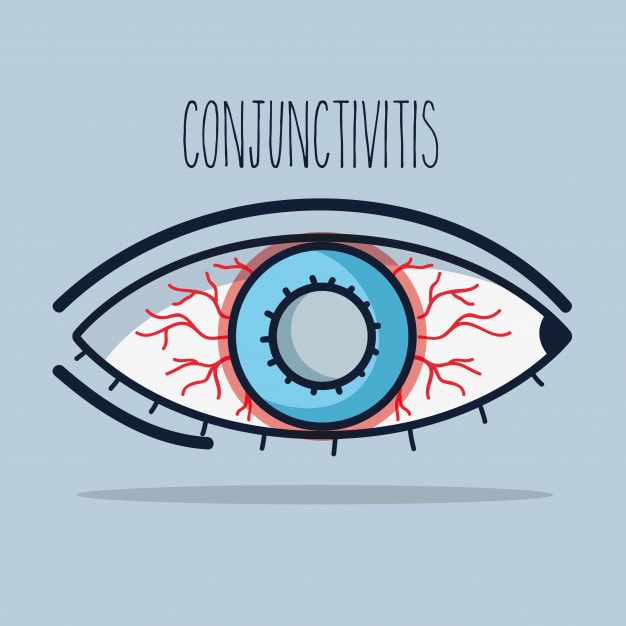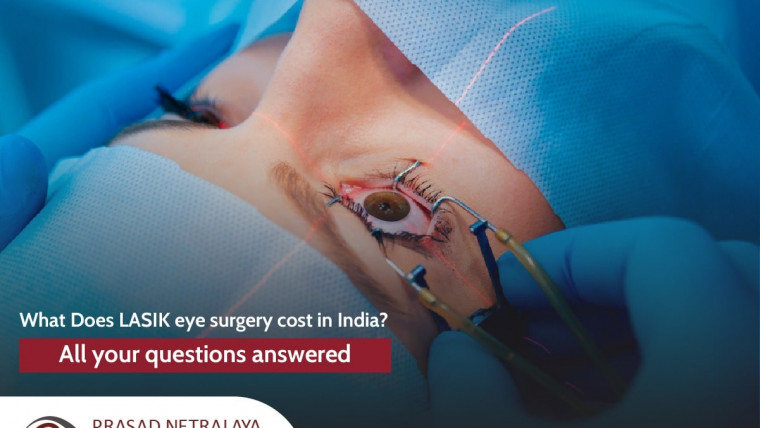Are you suffering from itchy eyes? There is a good chance that you have an eye allergy and here is everything you need to know about it. Allergic conjunctivitis is one of the most common and treatable ailments to affect the human eye.
It is caused when an allergen comes in contact with a person’s eyes and results in inflammation and discomfort. To explore the condition a little more, we need to first understand how the entry of an allergen affects the immune system.
Any foreign body coming in contact with the eyes results in certain cells called the masts cells releasing a small amount of histamine. This overreaction of the immune system is what results in allergic conjunctivitis.
There are a host of symptoms including inflammation and discomfort. Some of them are painful red eyes, aversion to light, vision problems. These could be used to make a quick diagnosis of conjunctivitis. The ailment by itself is asily treatable with the help of a consultation from the right doctors.
Table of Contents
Different types of allergic conjunctivitis and how they are caused.
1. Seasonal Allergic Conjunctivitis
Seasonal Allergic Conjunctivitis or Allergic Rhinoconjunctivitis, better known as hay fever is one of the most common forms of allergic conjunctivitis. It is a regular occurrence depending on the season. It is caused by pollen and is prominent in countries with relatively colder weather. This is a seasonal ailment that affects a large portion of the human population.
2. Contact Conjunctivitis
Contact conjunctivitis is also referred to as dermato-conjunctivitis. It is caused when people apply cosmetics and it comes in direct contact with their eyes. It is important to know that some people have a genetic disposition to being sensitive to certain chemical compounds. This makes them more susceptible to an allergic reaction. The symptoms usually last for about 2 – 4 days from initial contact.
3. Giant Papillary Conjunctivitis
Giant papillary conjunctivitis is common among people who use contact lenses on a regular basis. It is an ailment that builds slowly over time and it results in pain, irritation and redness. People who use a hard contact lens after eye surgeries and follow poor lens hygiene have a greater chance of being an afflicted with Giant Papillary Conjunctivitis (GPC).
4. Perennial Conjunctivitis
Perennial conjunctivitis is caused mainly due to an allergic reaction to a protein released by dust mites. This protein triggers a very strong defence mechanism which kicks the immune system into overdrive. This results in a host of problems like runny nose, sneezing and contraction of the airways. Small dander/flakes/dandruff-like substance that falls off from animals may have a similar effect on some people.
Symptoms of allergic conjunctivitis
Here are some of the most common symptoms that people suffering from allergic conjunctivitis display:
- Red or pink eyes
- Pain
- Itchiness
- Swollen eyelids
- Soreness
Treatment of allergic conjunctivitis
Allergic conjunctivitis is relatively easy to treat but it is always best to consult a doctor before you act on the same. Here are a few tried and tested treatments for allergic conjunctivitis.
- Cold compress
- Eye Drops of the following type
- Artificial tears
- Anti-histamines
- Mast cell stabilizers
- Corticosteroids
Allergic conjunctivitis rarely results in serious complications and can be prevented by taking some easy precautions. These include knowing what you are allergic to and avoiding it. For example, it is always easier to stay indoors as much as possible during the pollen season. Make sure to brush your pets regularly. But it is best to see an ophthalmologist even if you have a small doubt about that redness in your eyes.
You can call us on our Toll-free number 18004251919 or our mobile number +91 9513596565. Learn more from our experts at Prasad Netralaya– Mangalore and Udupi’s first and finest Super Specialty Eye Hospital.
You can also directly book an appointment with our experienced in-house ophthalmologists by filling this simple form for a regular eye checkup. Or just walk into any of our branches in Mangalore, Sullia, Thirathalli, and Udupi.
Dr. Vikram Jain, M.S. had his medical training (MBBS) from Kasturba Medical College, Mangalore, India. He did his master’s in Ophthalmic surgery from Kasturba Medical College, Manipal. He currently manages the Glaucoma department of Prasad Netralaya hospital.



